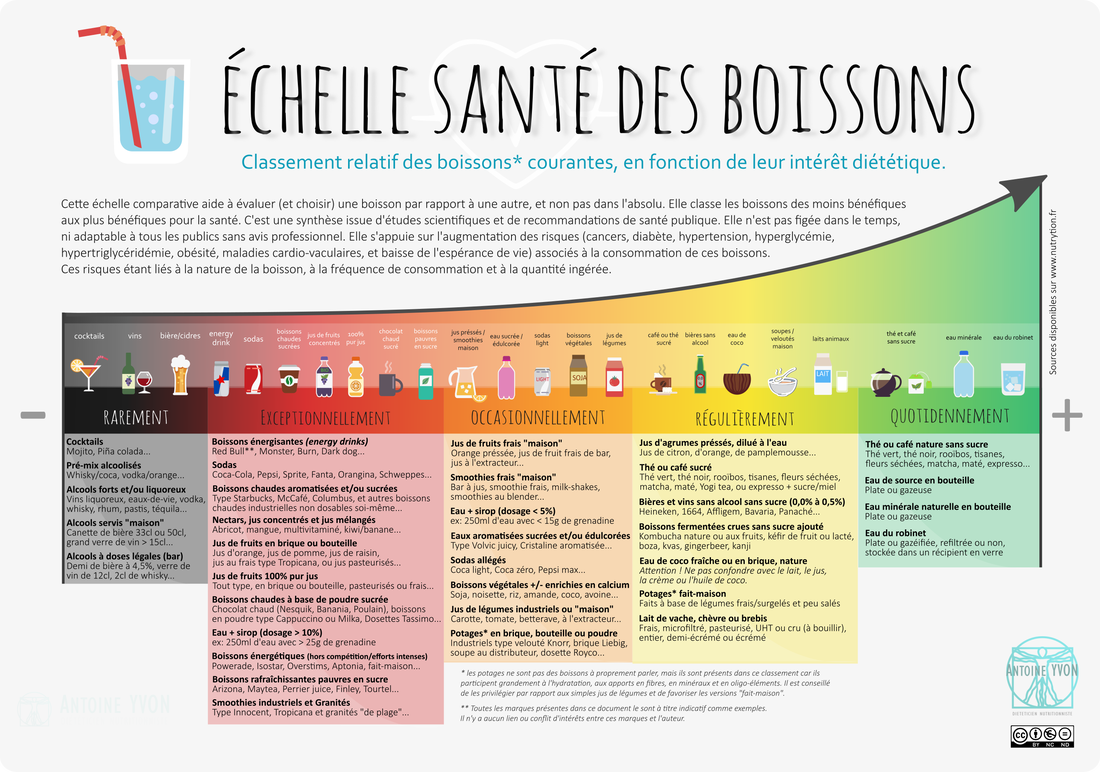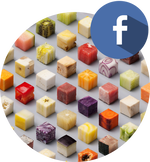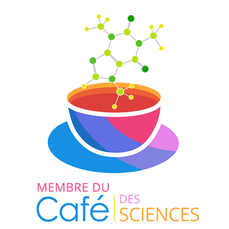NUTRYTION
Le blog qui décortique la diététique
|
|
Bon alors, qu’est-ce qu’on boit ? Découvrez l’Échelle Santé des Boissons, une liste de 35 types de boissons classées des plus au moins bénéfiques pour la santé. En effet, il n’est pas facile de s’y retrouver face à l’énorme choix des boissons proposées dans les bars, restaurants et les supermarchés ! Voici donc une échelle pour vous aider à y voir plus clair et surtout choisir une boisson parmi toutes les autres, en prenant en compte différents critères liés à la santé et aux risques de consommation. On ne choisi plus quoi boire dans l’absolu, mais par rapport aux autres choix disponibles devant nous. Cliquez ICI pour télécharger la version HD de l'infographie  Références
http://www.healthdata.org/news-release/new-scientific-study-no-safe-level-alcohol https://www.santelog.com/actualites/boissons-sucrees-et-risque-accru-de-deces-cardiovasculaire-et-de-cancer https://www.santelog.com/actualites/diabete-meme-les-boissons-light-augmentent-le-risque https://www.eurekalert.org/pub_releases/2015-09/uoia-dbd091015.php http://www.slate.fr/story/170166/kombucha-boisson-the-fermente-nutrition-sante http://www.slate.fr/story/166661/alcool-bon-pour-sante-mythe-sortez-du-deni https://www.lemonde.fr/les-decodeurs/article/2015/02/12/faut-il-boire-du-lait_4574590_4355770.html
http://lepharmachien.com/lait-continuum/ https://fr.wikipedia.org/wiki/St%C3%A9atose_h%C3%A9patique_non_alcoolique
Etude NutriNet-Santé https://ciqual.anses.fr/ https://guide-alimentaire.canada.ca https://www.inserm.fr/information-en-sante/dossiers-information/nutrition-et-sante https://www.mangerbouger.fr/pro/sante/alimentation-19/determinants-de-l-etat-nutritionnel/de-l-eau-a-volonte-moins-d-alcool-et-de-boissons-sucrees.html Avis relatif aux objectifs quantifiés pour la politique nutritionnelle de santé publique (PNNS) 2018-2022 - avis du Haut conseil de la santé publique (2018) Nutrition et Santé - dossier de l’Institut de veille sanitaire Baromètre santé nutrition - Institut national de prévention et d'éducation pour la santé https://www.santepubliquefrance.fr/presse/2019/sante-publique-france-presente-les-nouvelles-recommandations-sur-l-alimentation-l-activite-physique-et-la-sedentarite
May A, Narayanan S, Alcock J, Varsani A, Maley C, Aktipis A. 2019. Kombucha: a novel model system for cooperation and conflict in a complex multi-species microbial ecosystem. PeerJ 7:e7565 https://doi.org/10.7717/peerj.7565 Mullee A, Romaguera D, Pearson-Stuttard J, et al. Association Between Soft Drink Consumption and Mortality in 10 European Countries. JAMA Intern Med. Published online September 03, 2019. doi:10.1001/jamainternmed.2019.2478 Chazelas Eloi, Srour Bernard, Desmetz Elisa, Kesse-Guyot Emmanuelle, Julia Chantal, Deschamps Valérie et al. Sugary drink consumption and risk of cancer: results from NutriNet-Santé prospective cohort BMJ 2019; 366 :l2408 Guallar Eliseo. Coffee gets a clean bill of health BMJ 2017; 359 :j5356 GBD 2016 Alcohol Collaborators. Alcohol use and burden for 195 countries and territories, 1990–2016: a systematic analysis for the Global Burden of Disease Study 2016. The Lancet. 23 Aug 2018. doi:10.1016/S0140-6736(18)31310-2 Luger M, Lafontan M, Bes-Rastrollo M, Winzer E, Yumuk V, Farpour-Lambert N. Sugar-Sweetened Beverages and Weight Gain in Children and Adults: A Systematic Review from 2013 to 2015 and a Comparison with Previous Studies. O. 2017:674-693. doi: 10.1159/000484566 Von Philipsborn P, Stratil JM, Burns J, Busert LK, Pfadenhauer LM, Polus S, Holzapfel C, Hauner H, Rehfuess E. Environmental interventions to reduce the consumption of sugar‐sweetened beverages and their effects on health. Cochrane Database of Systematic Reviews 2019, Issue 6. Art. No.: CD012292. DOI: 10.1002/14651858.CD012292.pub2. Andersen LF1, Jacobs DR Jr, Carlsen MH, Blomhoff R. Consumption of coffee is associated with reduced risk of death attributed to inflammatory and cardiovascular diseases in the Iowa Women's Health Study. Am J Clin Nutr. 2006 May;83(5):1039-46. Ang Zhou, Elina Hyppönen, Long-term coffee consumption, caffeine metabolism genetics, and risk of cardiovascular disease: a prospective analysis of up to 347,077 individuals and 8368 cases, The American Journal of Clinical Nutrition, Volume 109, Issue 3, March 2019, Pages 509–516, https://doi.org/10.1093/ajcn/nqy297 Fowler SP1, Williams K, Resendez RG, Hunt KJ, Hazuda HP, Stern MP. Epub 2008 Jun 5. Fueling the obesity epidemic? Artificially sweetened beverage use and long-term weight gain. Obesity (Silver Spring). 2008 Aug;16(8):1894-900. doi: 10.1038/oby.2008.284. Sara N. Bleich, Julia A. Wolfson, Seanna Vine, and Y. Claire Wang, 2014: Diet-Beverage Consumption and Caloric Intake Among US Adults, Overall and by Body Weight American Journal of Public Health 104, e72_e78, https://doi.org/10.2105/AJPH.2013.301556 Sylvetsky, AC, Figueroa, J, Zimmerman, T, Swithers, SE, Welsh, JA. Consumption of low‐calorie sweetened beverages is associated with higher total energy and sugar intake among children, NHANES 2011–2016. Pediatric Obesity. 2019; 14:e12535. https://doi.org/10.1111/ijpo.12535
2 Commentaires
17/11/2022 22:21:25
Bonjour à vous
Répondre
Laisser une réponse. |
|
n° ADELI : 34 95 03011
cabinet diététique / logiciel panda 3.0 / le blog nutrytion
© NUTRYTION 2024. TOUS DROITS RÉSERVÉS



 Flux RSS
Flux RSS
